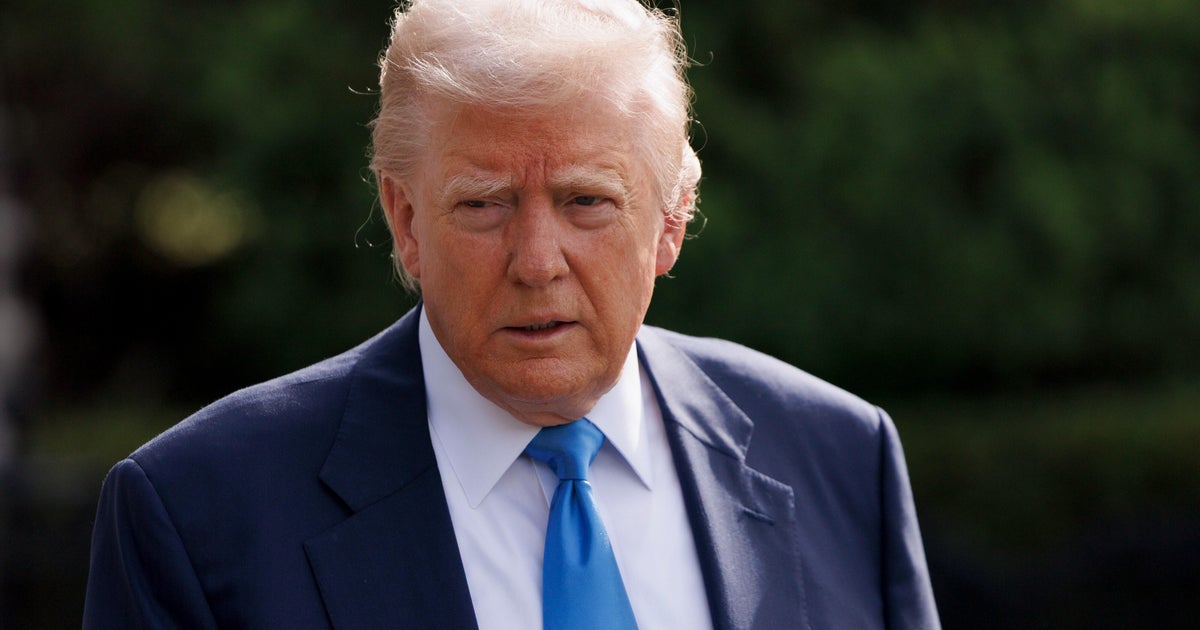Key takeaways:
- The Trump administration plans to adjust tariff policies to reduce financial burdens on U.S. automakers, aiming to support domestic manufacturing while maintaining trade policy objectives.
- Automakers manufacturing domestically will benefit from tariff relief, including reimbursement for tariffs paid on foreign-made auto parts, providing financial relief.
- Despite these adjustments, uncertainty remains for some manufacturers like General Motors, which is reassessing earnings projections due to the ongoing impact of tariffs.
The Trump administration has announced plans to adjust its tariff policies to alleviate some of the financial burdens on U.S. automakers. This move comes as part of a broader strategy to support domestic manufacturing while maintaining the administration’s trade policy objectives. The current tariffs impose a 25% import duty on car parts, as well as on steel and aluminum, which has raised concerns among automakers about increased production costs.
A White House spokesperson confirmed that automakers will receive some relief from these tariffs. Companies that are already manufacturing domestically will benefit from this policy adjustment, which aims to reward their commitment to investing in the United States. Additionally, U.S.-based automakers will be eligible for reimbursement for tariffs paid on foreign-made auto parts, providing further financial relief.
Despite these measures, the future remains uncertain for some of America’s oldest car manufacturers. General Motors, for instance, has indicated that it is reassessing its earnings projections due to the ongoing uncertainty surrounding the impact of the tariffs. This suggests that while the tariff adjustments may provide some immediate relief, the long-term effects on the industry are still unclear.
The administration’s decision reflects a balancing act between maintaining its trade policy stance and addressing the concerns of domestic industries affected by these tariffs. As the situation develops, automakers and other stakeholders will continue to monitor the impact of these policy changes on their operations and financial performance.



Be First to Comment